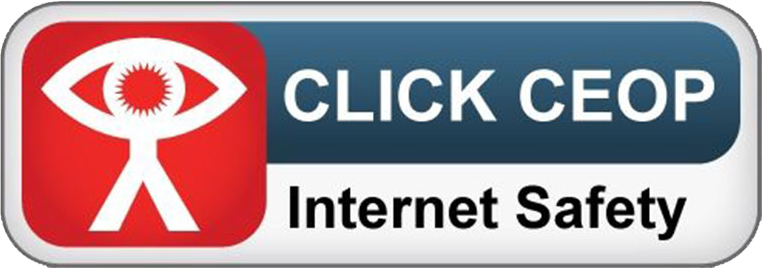Religious Education is compulsory in all LEA schools; however parents have the right to withdraw their child if they wish. Religious Education at Three Ways School is delivered according to the pupil’s age and understanding. For some pupils this involves trying to create or visit environments that create awe and wonder. For other pupils, Religious Education is delivered as part of topic work and at special times during the year. We use Philosophy for Children to help support the teaching of RE across the school. KS4 study RE as part of their AQA Unit Award Humanities accreditation. We endeavour to raise pupils’ awareness of other religions and cultures through our approach to the curriculum and through special multi-cultural events and assemblies.
Religious Education occurs in a context of Christianity and other religious traditions. Through Religious Education lessons pupils have opportunities to explore the rites, rituals, beliefs, practices and festivals of the religions being studied. These religions include Christianity, Judaism, Islam, Hinduism, Buddhism and Sikhism.
A variety of learning opportunities are provided including: Creative Arts (dance, drama and art work), media (Film, Television and Radio), and immersive sensory experiences.
Religious Education is relevant to everyday life. Pupils will be encouraged to learn and develop respect for the views and beliefs held by others, making links to their local communities, whilst considering their own spiritual development. The culture and religious backgrounds of both staff and pupils are acknowledged and respected. Pupils will be encouraged to gain understanding of what it may mean to have a personal religious commitment.
The planning and delivery of Religious Education to pupils is the responsibility of class teachers at all age-phases. However individual members of staff are legally permitted to withdraw from Teaching Religious Education if they wish. There is a co-ordinator who is responsible for documentation, resources and staff development as well as ensuring continuity between age phases and monitoring provision.
As with other aspects of the curriculum, many elements of Religious Education interrelate strongly with work in other subject areas involving all key stages. These include Geography; investigating locations and visits to relevant places, History; investigating past religious events, English; presentations, creative writing, speaking and listening, and ICT; locating and accessing information on the internet and relevant software programmes and creating presentations. Many classroom routines and everyday events lend themselves to the development of Religious Education ideas also, which is reinforced through positively modelled attitudes by staff & an actively promoted ethos of tolerance & respect
Class Teachers are responsible for planning and recording Religious Education programmes of work and activities and for monitoring and assessing the progress of individual pupils. Such records and assessments are based on teacher observation of responses, pupils’ own pieces of work and video and photographic evidence. Whenever possible, assessments will be made in discussion with staff & pupils themselves.

